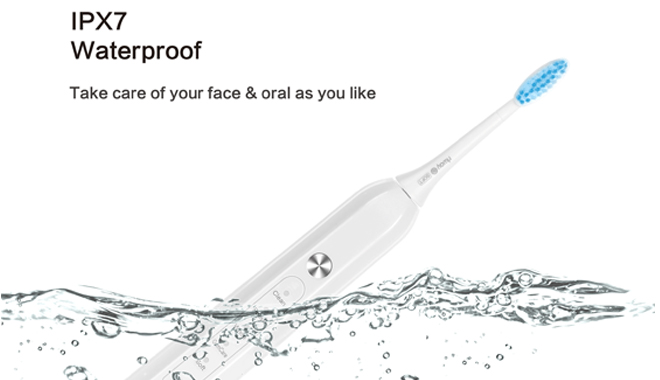Your Guide to Dental Care Products
With so many dental care productson the market today, how do you know which to choose? From toothpastes to toothbrushes to mouthwashes, get the facts you need to make decisions about your oral health.
Toothpastes
The best strategy for selecting a toothpaste is to ask your dental hygienist or dentist to recommend a product.
Then look for those with the American Dental Association's (ADA) Seal of Acceptance. This means the product has met ADA criteria for safety and effectiveness and that packaging and advertising claims are scientifically supported. Some manufacturers choose not to seek ADA approval. Remember, the seal means the ADA agrees it is safe and effective, but it doesn’t evaluate or endorse their performance.
Always pick a toothpaste with fluoride to prevent cavities. After that, it’s a matter of personal choice. Use Continue reading below...
the one that tastes and feels best. Gel or paste, wintergreen or spearmint, all work alike. If an ingredient bothers you, or if your teeth are sensitive, try another product. If the problem continues, see your dentist.
Toothbrushes
Bristles are a main factor in toothbrush choice. Most dentists recommend soft bristles, for adults and kids, especially if you have sensitive teeth or gums. Hard or stiff bristles are not more effective at removing plaque or stains and can actually cause damage to your teeth and gums.
Pick a toothbrush head size that easily fits your mouth and touches one or two teeth at a time. That means an infant or a young child needs a very small one.
Ask your dentist which features and bristle head design will work best in your mouth.
Replace your toothbrush every 3 months. Get a new one sooner if the brush looks worn or frayed. Bristles that fan out or spread mean it’s time to for a new one.
Manual vs. Powered Toothbrushes
Are you better off with a powered (electric or sonic) toothbrush or a manual model? It’s a draw. The key to good oral hygiene is correct and effective use of the brush. A powered toothbrush makes it easier to do the job correctly. Other advantages include:
Easy to use if you:
oHave a medical condition like arthritis that makes it hard to use your hand
oAre elderly
oAre physically challenged
oHave misaligned teeth or teeth with uneven surfaces
oHave braces and other orthodontic appliances
An electric toothbrush can be fun to use, and you might brush more often or longer as a result.
They may improve oral health. At least one study has shown that the long-term (4 to 6 month) use of powered toothbrushes lowered the amount of plaque on the teeth of people with periodontal disease.
They minimize or eliminate tooth-staining. The scrubbing effect of powered toothbrushes may be superior to manual toothbrushes in possibly reducing or even totally removing surface stains on teeth.

How Do I Choose a Powered Toothbrush?
There are many options when it comes to powered toothbrushes:
Sonic toothbrushes make 30,000 and 40,000 brush strokes per minute, compared with about 300 per minute if you brush by hand. The bristles rotate in the dentist recommended back-and-forth motion. Plus, the brush directs fluid between teeth and below the gum line to remove plaque (only sonic toothbrushes can make this claim).
Electric toothbrushes make 3,000 and 7,500 strokes per minute. Designs differ, but bristles are typically either set in a round head and all spin together or individual tufts within the brush head spin independently. Some rotate and pulse to help remove plaque and reduce gingivitis.
Water Picks
Water picks, also known as oral water irrigators, aren’t for everyone. They work best if you have braces or other dental work that traps food. They don’t remove plaque; only brushing with toothpaste and flossing can do that.
Mouthwashes and Rinses
Mouthwash can do more than simply freshen your breath -- it can ward off gum disease. But that’s only if you use a bacteria-fighting rinse. A product with fluoride can help prevent tooth decay. Rinsing with an alcohol-based mouthwash isn’t good for children under 6, who are likely to swallow the liquid. Ask your dentist which type is best for you.

